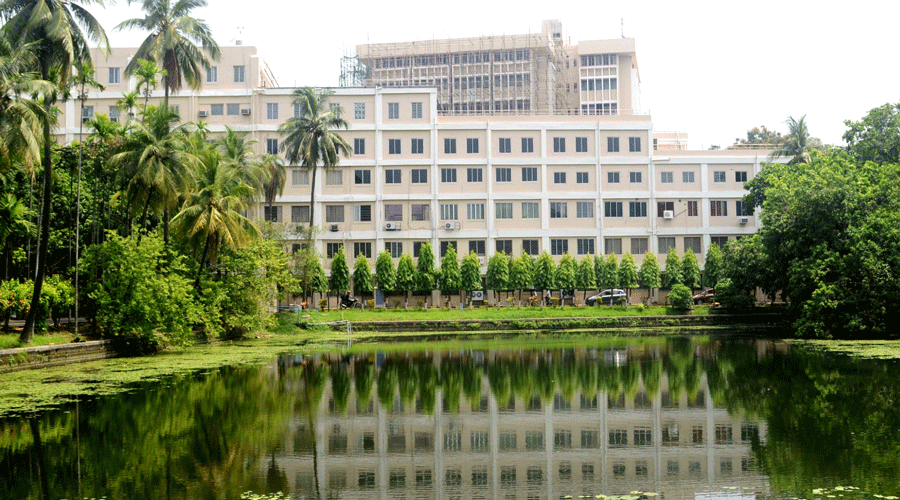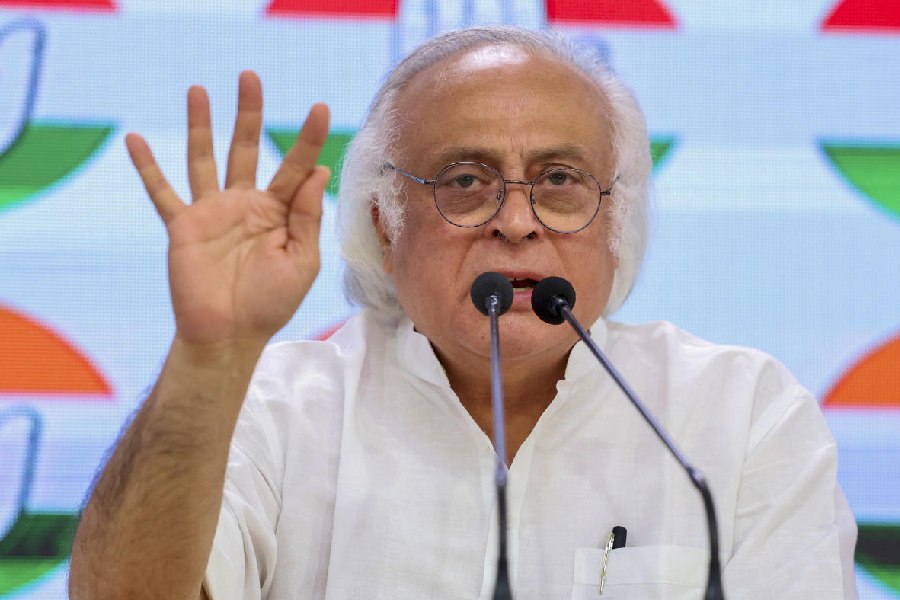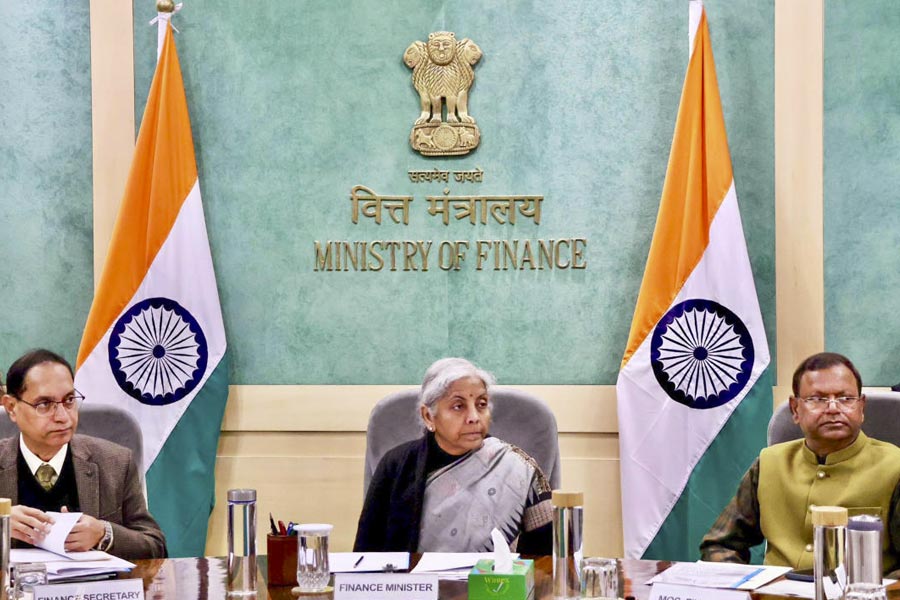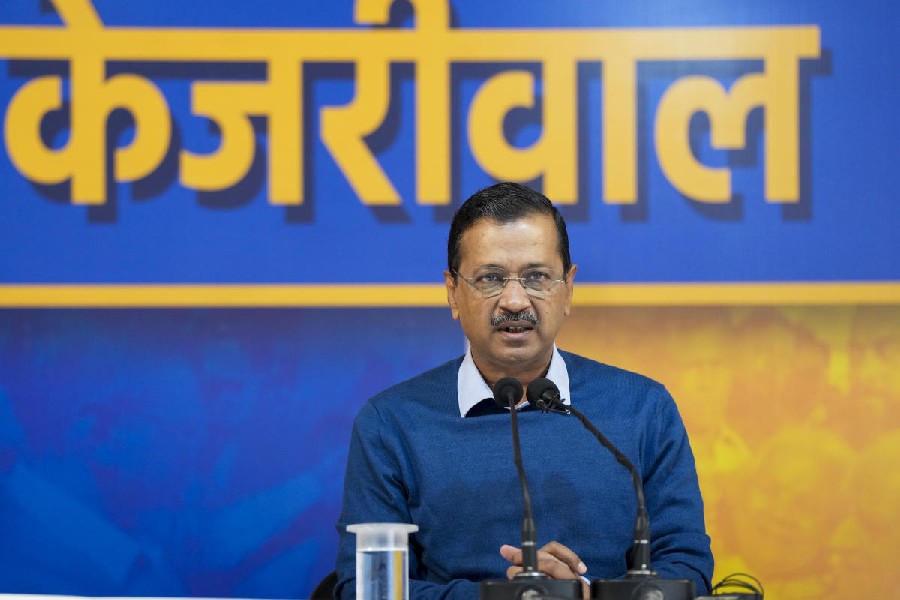Over 120 biologists, historians and social scientists on Friday asked the Union culture ministry to refrain from any research on the so-called “racial purity” of Indians, cautioning this would be “absurd and dangerous” and exacerbate social disharmony.
The group expressed concern at media reports that the culture ministry was funding a project to study genetic similarities and differences in Indian population groups and the purity of races in the country, and
asserted that science had abandoned the concept of biological races decades ago.
Media reports had said that the culture ministry was acquiring DNA kits to study the genetic history of Indians and trace the purity of races in India.
The culture ministry had tweeted on May 31 that the media reports were “misleading, mischievous, and contrary to facts”.
But the group said it had thought it fit to write to the ministry because there was no clarity yet on the objectives of the planned research project.
“The notion of tracing ‘purity of races’, whether in India or elsewhere, is extremely worrisome,” the group’s letter to the ministry says. “It is absurd because the concept of biological races was discarded long ago.”
The letter says it is “dangerous because the notion of purity, in addition to being meaningless, carried with it the sense of some groups being less pure or more pure than others”.
The letter’s signatories include Partha Majumder, population-geneticist and former director of the National Institute of Biomedical Genomics, Kalyani; ecologist Raghavendra Gadagkar and evolutionary biologist V. Nanjundiah from the Indian Institute of Science, Bangalore; biologist L.S. Shashidhara from Ashoka University, Sonipat (Haryana); historians Ramachandra Guha and Romila Thapar; and anthropologist Kailash Malhotra, formerly from the Indian Statistical Institute, Calcutta.
Part of the motivation for the letter lay in the concern that under the Narendra Modi government, some researchers might feel prompted to make connections between genetics and a key Hindutva idea that India was the creation of a racially superior people called the Aryans, said one of the signatories who requested not to be named. The letter does not articulate this concern.
“Human history is replete with examples of horrible injustice -– denial of benefits or even persecution -– meted out to ‘less pure’ groups by ‘more pure’ groups,” the letter says. “Racial stereotyping of humans has been discarded and there should be no attempt to revive the concept in India.”
The letter says that population geneticists and anthropologists working in various Indian institutions, including the culture ministry’s Anthropological Survey of India, have conducted detailed genetic analyses of DNA from various population groups in the country.
Those studies have shown that nearly every community today is an admixed group of several ancestral communities whose identities can at best be guessed at but not with great certainty, the letter says.
“What else is expected to result from the project under consideration of the culture ministry, we do not know,” the group has written. “But if it touches on questions of ‘racial purity’, one guaranteed outcome will be the exacerbation of disharmony among Indians.”
Majumder, one of the scientists who had led the earlier genetic studies on Indian population groups, said efforts to understand genetic ancestry, ancient population migrations and admixtures in population groups represent legitimate scientific pursuits.
“But the idea of purity represents a value judgement – it’s not science,” Majumder said.
Race had been invented to classify humans into distinct groups based on physical features such as bone structure and skin colour or social features such as faith or religion, mistakenly assuming they had a meaningful biological basis.
The letter says that an epochal paper 50 years ago had underlined that most gene-based differences occurred within the so-called races and not between races, and that all humans, irrespective of where they came from, shared the same gene pool. Subsequent studies have reinforced those conclusions.












